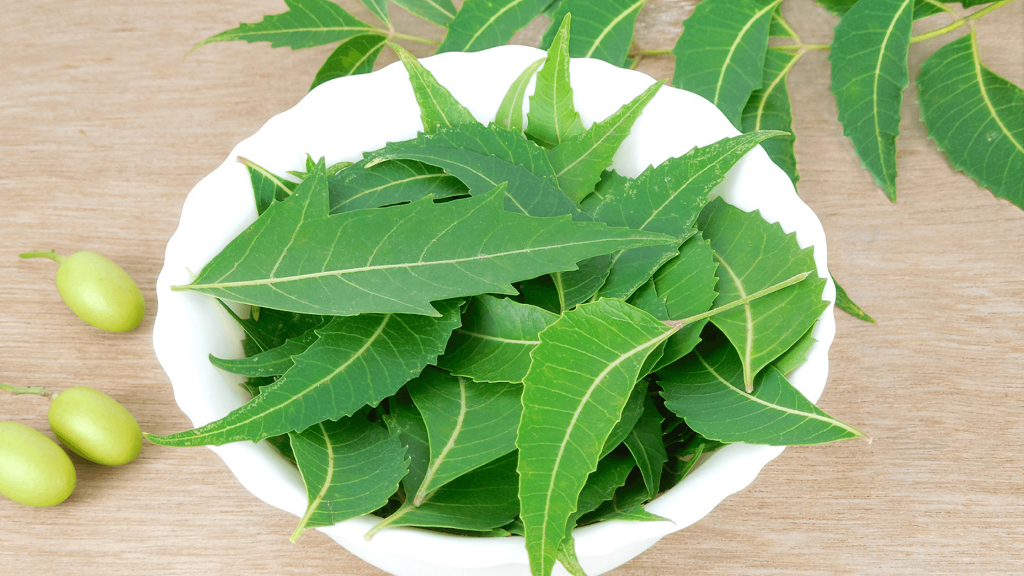When it comes to maintaining good oral hygiene, choosing the right toothpaste is a crucial decision. With a plethora of options available in the market, it’s easy to get overwhelmed. To help you make an informed choice, let’s dive into the toothpaste ingredients that dentists commonly recommend.
Understanding the Basics
Dentists often emphasize the importance of fluoride, a mineral that strengthens tooth enamel and helps prevent cavities. However, this is just the tip of the iceberg when it comes to non gel toothpaste ingredients.
The Role of Fluoride
Fluoride is undoubtedly one of the most vital ingredients in toothpaste. It’s highly effective in preventing tooth decay by remineralizing weakened enamel. Dentists frequently recommend fluoride toothpaste for patients of all ages.
Glycerol for Moisture
Glycerol is another ingredient you’ll find in many toothpaste formulas. It helps keep your mouth moist and can be particularly beneficial if you’re prone to dry mouth. A well-hydrated mouth is less susceptible to bacterial growth.
Cleaning Power of Abrasives
Toothpaste often contains abrasives like calcium carbonate or hydrated silica. These ingredients help in the removal of surface stains and plaque. While they are generally safe, excessive use can lead to enamel wear, so moderation is key.
Specialized Ingredients
In addition to the basics, certain toothpaste ingredients address specific dental concerns.
Potassium Nitrate for Sensitivity
For individuals with tooth sensitivity, toothpaste with potassium nitrate is a go-to recommendation. It works by blocking the tiny tubules in the dentin, reducing sensitivity to hot and cold stimuli.
Pyrophosphates for Tartar Control
Tartar buildup can lead to gum disease and cavities. Toothpaste containing pyrophosphates can help prevent tartar formation by inhibiting the growth of calculus-forming crystals.
Hydrogen Peroxide for Whitening
If you desire a brighter smile, look for toothpaste with hydrogen peroxide. It can help remove surface stains and gradually whiten your teeth. However, results may vary from person to person.
Natural and Herbal Ingredients
In recent years, there has been a surge in toothpaste options featuring natural and herbal ingredients.
Tea Tree Oil for Antiseptic Properties
Tea tree oil has natural antiseptic properties, making it a popular choice in natural toothpaste. It can help combat bacteria in the mouth and soothe gum irritation.
Aloe Vera for Soothing
Aloe vera is known for its soothing properties. Toothpaste with aloe vera can be gentle on your gums and provide relief from inflammation.
Neem for Gum Health
Neem, a traditional remedy in Ayurvedic medicine, is known for its antibacterial properties. Toothpaste with neem can support gum health and prevent bacterial growth.
In conclusion, the right toothpaste for you depends on your specific needs and preferences. Dentists often recommend fluoride toothpaste as a baseline for cavity prevention. However, if you have special concerns like sensitivity or tartar control, there are toothpaste options tailored to address these issues. Natural and herbal toothpaste can also be a great choice for those seeking a more holistic approach to oral care.
Remember, it’s essential to maintain a consistent oral hygiene routine, including regular brushing, flossing, and dental check-ups, regardless of the toothpaste you choose.
Frequently Asked Questions (FAQs)
Q1. Can I use fluoride toothpaste for my kids?
Yes, fluoride toothpaste is safe for children. However, make sure to use a small, pea-sized amount for young kids to prevent them from swallowing too much.
Q2. How often should I change my toothpaste brand?
It’s not necessary to frequently switch toothpaste brands if you’re satisfied with the one you’re using. Consistency in oral hygiene practices is more important.
Q3. Are natural toothpaste options as effective as regular ones?
Natural toothpaste can be effective, but it depends on your specific needs. Consult with your dentist to determine the best choice for you.
Q4. Can toothpaste really whiten teeth?
Toothpaste with whitening ingredients can help remove surface stains, but for significant whitening, professional treatments may be more effective.
Q5. Is it okay to combine different types of toothpaste?
Mixing toothpaste brands or types is generally safe, but it may not necessarily provide additional benefits. Stick to one toothpaste that suits your needs.
Incorporating the right toothpaste into your daily oral care routine can significantly contribute to your overall dental health. So, take your time, explore your options, and consult with your dentist for personalized recommendations.



